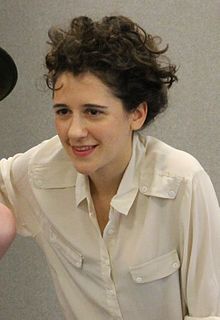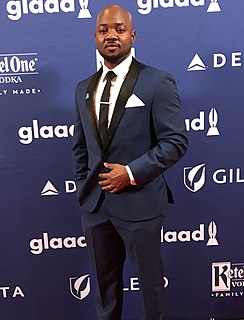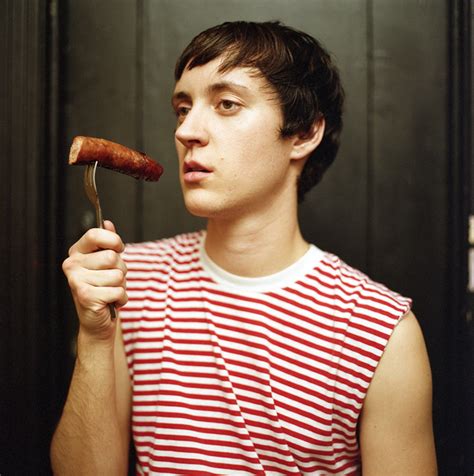A Quote by Dean Spade
I wrote Normal Life using concepts that have been helpful to me, and hoping to offer those as accessible tools for thinking differently about the pitfalls trans resistance faces, in particular the temptation to focus on legal equality and the limitations of that approach, and the alternative approaches being taken by racial and economic justice focused trans activists.
Quote Topics
About
Accessible
Activists
Alternative
Approach
Approaches
Been
Being
Concepts
Differently
Economic
Economic Justice
Equality
Faces
Focus
Focused
Helpful
Hoping
Justice
Legal
Life
Limitations
Me
Normal
Normal Life
Offer
Particular
Pitfalls
Resistance
Taken
Temptation
Thinking
Thinking Differently
Those
Tools
Trans
Using
Wrote
Related Quotes
I am arguing that it is a mistake for trans activists to focus our resources and attention on winning inclusion in legal equality frameworks, such as anti-discrimination laws and hate crimes laws, that will not provide relief from the life-shortening conditions trans populations are facing. Winning legal equality - getting the law to cast us as victims of discrimination who the state will protect - will not support our survival.
Trans voices are really underrepresented, and trans stories are really underrepresented, and when they are presented, they're often reductive. I was interested in putting a trans person and a trans narrative on stage that didn't fall into cliché, that thought a bit more deeply about the experience of being trans, and how those issues tie into things that we all experience. How we tell the story of our lives, versus what might have actually happened, and how we communicate to our former selves. All of those questions were really interesting to me.
Many in the trans community are fed up with L.G.B.T. organizations that continue to erase trans identity or just give lip service to trans issues. We need our cisgender allies - gay and straight - to treat transgender lives as if they matter, and trans people need multiple seats at the tables in the organizations that say they're interested in L.G.B.T. equality; this absence has been painful since Stonewall.
I want you to understand that racial justice is not about justice for those who are black or brown; racial justice is about American justice. Justice for LGBT Americans is not about gay and lesbian justice; it's about American justice. Equality for women isn't about women; it's about United States equality. You cannot enjoy justice anywhere in this country until we make sure there is justice everywhere in this country.
One particular debate that I have seen play out again and again is whether trans people who have more traditional gender expressions or who "pass" more should be the ones who are represented. A recent advocacy guide focused on advocating around trans health care access produced by the largest trans advocacy organization in the US instructs readers that advocacy will be more successful if the message is delivered by people who pass as non-trans men and women.
I think it's really important to champion stories from trans women and trans women of color. That demographic has gone unheard and unsupported for so long, and it's really the community that's struck the hardest by a lot of issues. I try to do a lot of work to champion trans feminine issues and stories, but that said, I do have a personal and deep investment in seeing trans masculine stories reflected in culture. It is a little disappointing to me that trans men and trans masculine people have not really been part of this media movement that we're experiencing right now.
































